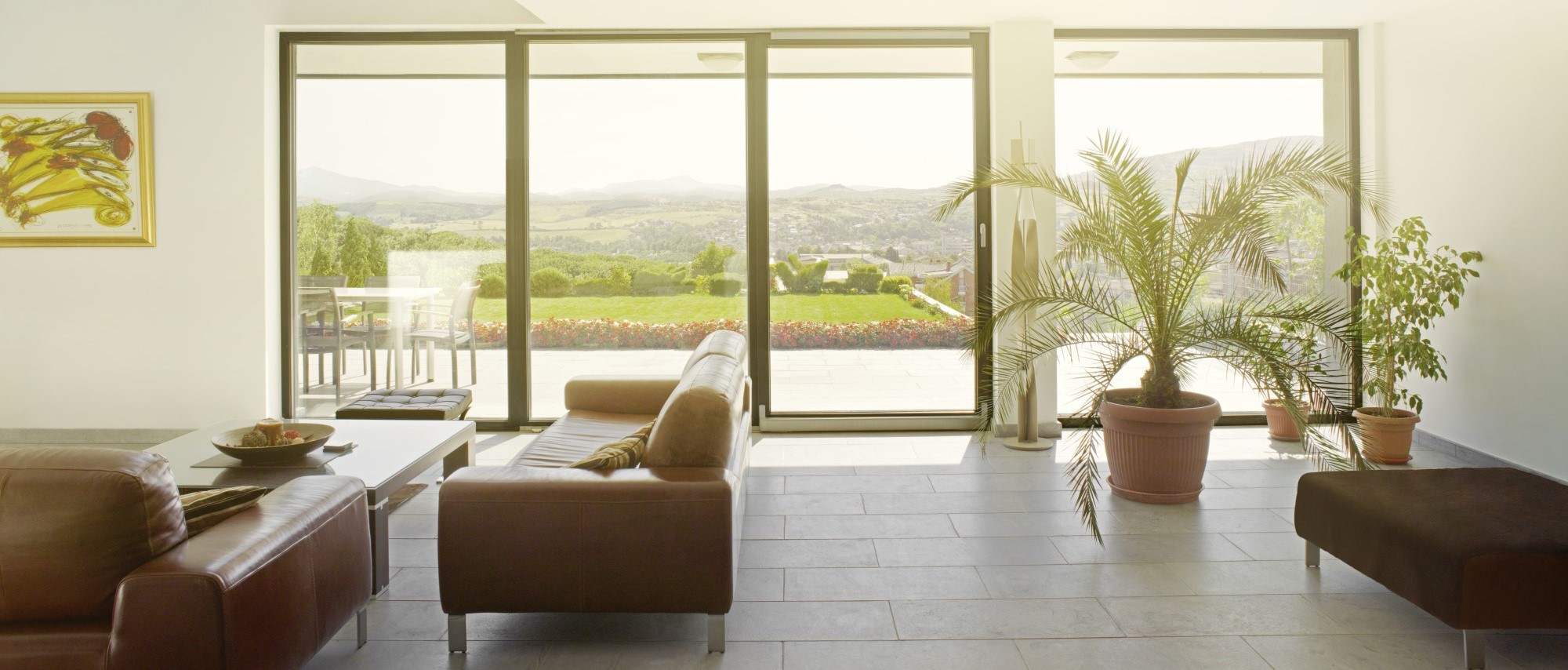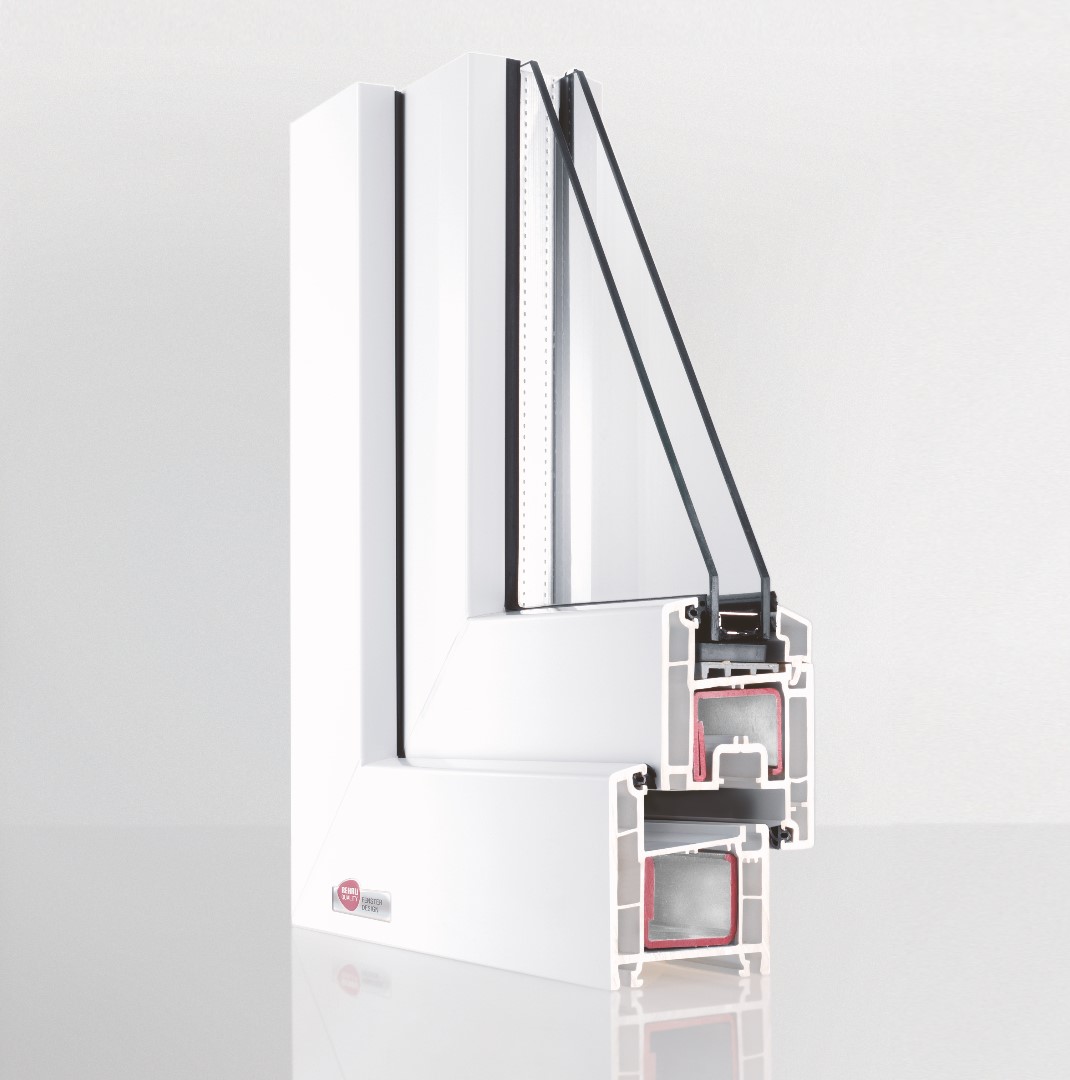How can a window be made of plastic? What is uPVC?
Here in Israel, we hear the question, “What kind of windows are made out of plastic?” We can assure you, you will not be hearing this question for long! It was not long ago when people asked asked about the use of plastic for food utensils, pipes, machine parts, syringes, infusion bags, helmets and more. The world is changing!
uPVC is naturally resistant to moisture and atmospheric pollutants such as acids, alkalis and salt air. It is impervious to rot, rust, blistering and flaking, as well as infestation by termites or other insects. It resists mold and mildew, and scratching will not require any touch-up.
Our profiles go through a stringent quality control process including extreme weather testing. The wind load capacities of REHAU Window Systems have been verified at a range of 3500 – 6300 Pa (tested in accordance with GB/T7106-2002 and at estimated windspeeds of 270 – 380 km/h) equivalent to Beaufort Scale 12 typhoon! Rehau custom designs and formulates its uPVC profiles for different climatic regions. The profiles we import are designed to withstand the Middle Eastern sun and UV rays.
One of the world’s oldest polymers, polyvinyl chloride, or PVC, has evolved since the 1940’s to become a universally used, cost effective, adaptable, safe and environmentally efficient material. PVC’s unique properties make it the material of choice for many applications, including construction, transportation, electronics and health.
Vinyl is the most prevalent residential window framing material and is gaining in the commercial sector due to its highly-efficient performance ratings. REHAU’s proprietary uPVC (unplasticized polyvinyl chloride) formulation and extrusion process make window frames that deliver superior performance, energy efficiency and environmental sustainability.
Aluminum Profile vs. PVC Profile
Today in Israel, the decision to install PVC windows is considered innovative, as most windows in Israel have aluminum frames. The biggest disadvantage of aluminum as a window frame material is its high thermal conductance. Compared to aluminum, a natural conductor of cold or hot temperatures, uPVC is a natural insulator. Tests have shown that vinyl windows regularly outperform other products because of the frame’s excellent thermal performance. The specially-designed insulating airspaces in vinyl window and door frames, combined with their low conductivity, make them a formidable barrier to heat transfer. It resists heat loss in winter and heat gain in summer.
One benefit of aluminum is its strength. To ensure that our uPVC profiles will not fall behind their aluminum predecessor, we insert steel reinforcements to improve strength and durability. This steel reinforcement also improves the bonding of the metal making it stronger than aluminum profiles.
Although PVC’s heat-conductivity is 1,200 times lower than aluminum, our profiles are divided inside into several separate compartments, adding more insulation. A window made of high quality uPVC, builds on all of the benefits of the earlier models in the development of the industry without their disadvantages.
uPVC profiles do not require painting and treatment, are easy to clean, are not subject to corrosion, do not bend when hit, keeps color and shine and are always pleasant to touch.
How much stronger are uPVC windows than aluminum windows? Here’s a simple demonstration:



